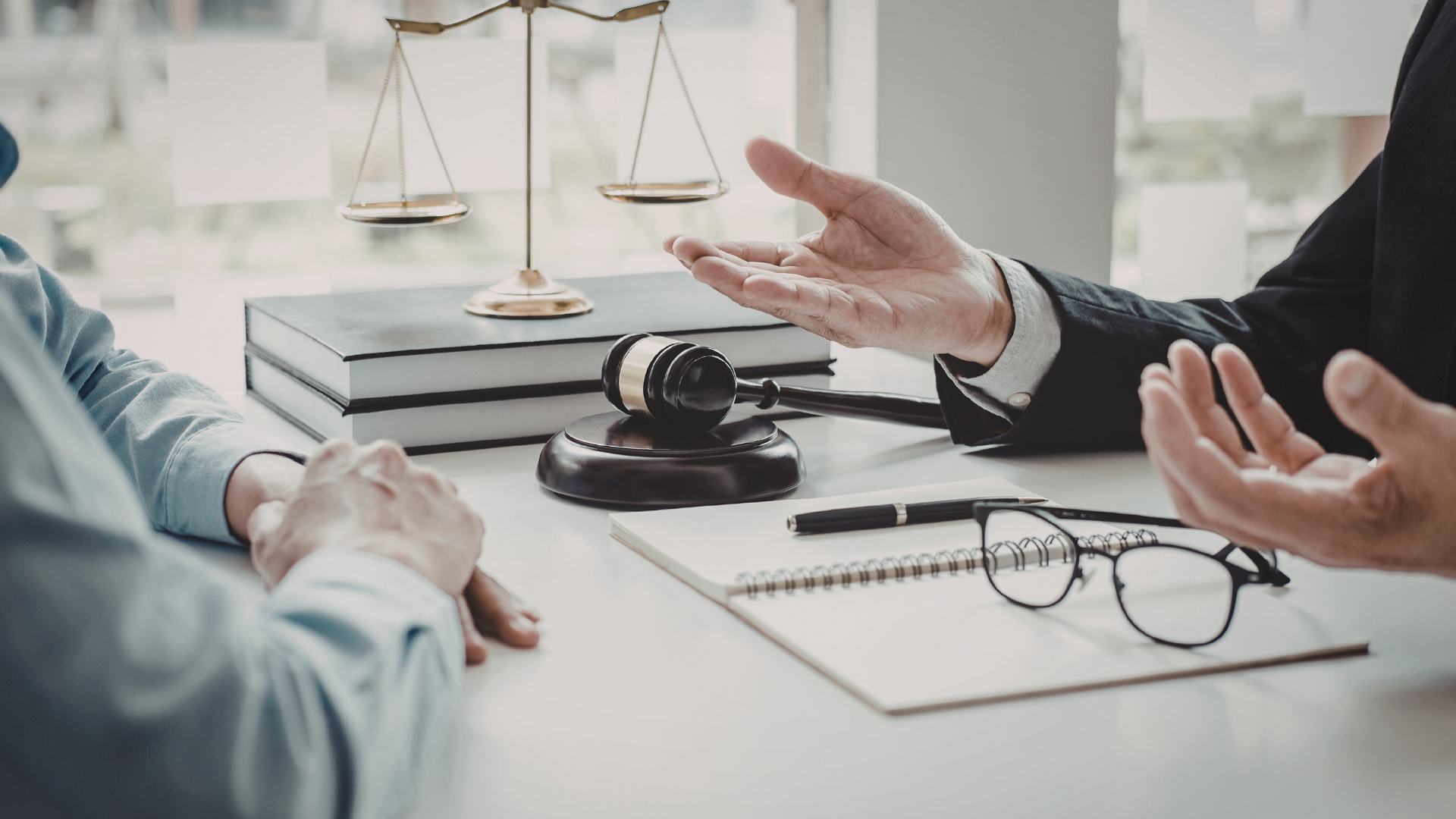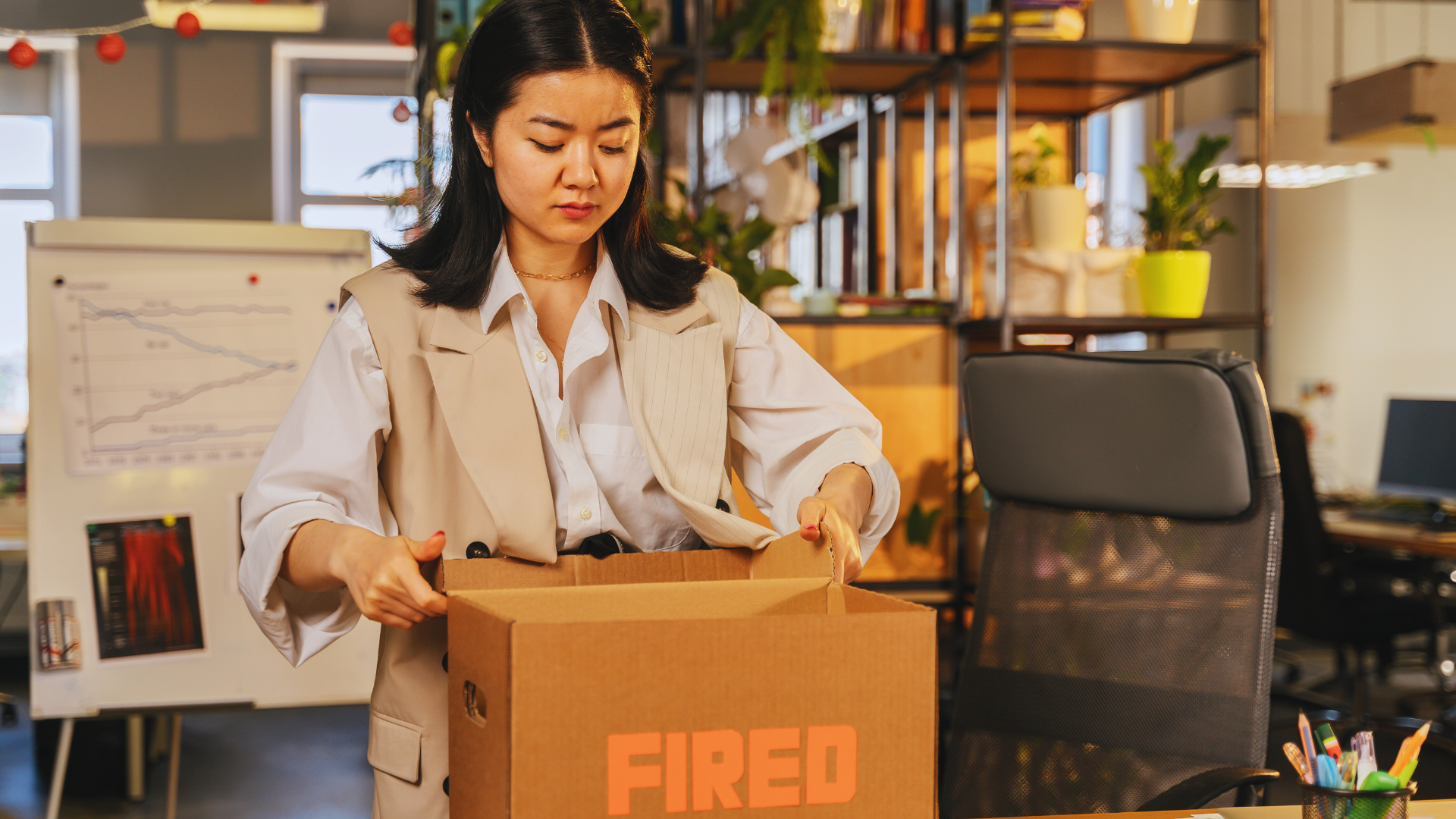Experiencing a car accident can be overwhelming, leaving individuals unsure about their next steps. Taking immediate action is crucial to protect legal rights after such an incident. Knowing what to do in the aftermath can significantly influence the outcome of any claims or legal processes that may follow.
Gathering clear and accurate information at the scene, including photos and witness statements, can serve as valuable evidence. It is also important to seek medical attention, even for minor injuries, as documentation can affect any future legal claims. Understanding the necessary steps will empower individuals to navigate the legal landscape effectively, ensuring that their rights remain intact.
Immediate Actions at the Scene
After a car accident, swift and decisive actions are crucial for protecting legal rights. Immediate responses help assess injuries, ensure safety, and establish a clear record of events.
Check for Injuries
The first priority at an accident scene is checking for injuries. Individuals involved should assess themselves and others for visible signs of distress. Common injuries include whiplash, lacerations, and fractures.
If someone appears injured, it’s vital not to move them unless there is an imminent danger, such as fire or oncoming traffic. Moving an injured person can exacerbate their condition.
If necessary, provide basic first aid until help arrives, but do not attempt to perform advanced medical procedures. Document any visible injuries and the response of those involved for later reference.
Call the Police and Emergency Services
Contacting the police and emergency services is essential. Dialing 911 ensures that law enforcement arrives to document the accident, which is critical for legal purposes.
When communicating with dispatch, provide clear information about the location, the nature of the accident, and if medical assistance is needed.
Police reports are invaluable in establishing what transpired during the accident. They serve as official documentation and can be crucial if legal disputes arise.
Ensure Scene Safety
Safety at the accident scene should be prioritized. Assess the situation, and if possible, move vehicles to a safe location to prevent further accidents.
Use hazard lights and traffic cones, if available, to alert oncoming vehicles. This helps prevent additional injuries or collisions.
If the vehicle is operable, turning the wheels away from traffic can reduce the risk of a secondary accident. Remain vigilant and exercise caution while at the scene.
Stay at the Scene
Remaining at the accident scene is a legal requirement in many jurisdictions. Leaving could result in legal penalties and complicate insurance claims.
Gather personal information from all involved parties, including names, addresses, phone numbers, and insurance details. This information is vital for future communication regarding injuries and damage claims.
Document the scene thoroughly with photographs and notes, capturing vehicle positions, damage, and any relevant road conditions. This evidence can support claims and clarify what happened during the incident.
Collecting Evidence and Documentation
After a car accident, collecting evidence and documentation is crucial for protecting legal rights. This process involves gathering detailed information about the accident, involving all parties, and avoiding any statements that may imply fault.
Take Pictures and Record Accident Details
Taking pictures at the accident scene is essential. Clear images of vehicle damage, road conditions, and any relevant traffic signs can serve as critical evidence.
Record the following details:
- Date and time of the accident
- Location
- Weather conditions
- Vehicle make and model, including license plate numbers
Using a smartphone or camera, capture all angles of the vehicles involved. This documentation can significantly support any claims made to insurance companies or in legal proceedings. Be sure to save these pictures in an easily accessible and organized format for future reference. If legal action becomes necessary, a Car accident attorney in Orlando or elsewhere can use this evidence to help build a strong case.
Obtain Witness Information
Witnesses may provide unbiased accounts of the accident. Ensure to collect relevant information from any bystanders. It is important to obtain:
- Full name
- Contact number
- Address
Having multiple witnesses can add credibility to one’s version of events. A brief statement about what they observed can be beneficial, so encourage them to record their thoughts while details are still fresh. Maintaining organized notes will help when seeking any legal resolution.
Exchange Driver and Insurance Information
Both parties involved in the accident must exchange critical information following the incident. Key items to obtain include:
- Driver’s license number
- Insurance card details
- Vehicle registration information
Writing down the information promptly minimizes the chances of forgetting crucial details later. Insurance details, such as policy numbers and company names, are vital for filing claims. Make sure to document the contact information of the other driver as well for any potential follow-up.
Avoid Admitting Fault
In the aftermath of an accident, remain cautious about statements made. Admitting fault can complicate legal proceedings and claims. Any expression of regret or acceptance of blame can be interpreted as an admission of liability.
To protect oneself, focus on gathering facts without making subjective comments. It is advisable to leave the dialogue about fault to the insurance companies and legal professionals involved. This careful approach ensures that one’s legal rights remain intact and that any statements made do not inadvertently compromise future claims or lawsuits.
Prompt Medical and Legal Steps
Taking immediate action after a car accident is crucial for protecting legal rights. Addressing medical needs and ensuring proper documentation strengthens a person’s position in potential personal injury claims.
Seek Medical Attention and Evaluation
Injuries can manifest immediately or become apparent days later. Prompt medical attention ensures that all injuries are evaluated and treated effectively.
A thorough medical examination can identify serious conditions such as concussions or internal injuries that might not be visible externally. It is essential to visit a healthcare provider who can conduct a comprehensive evaluation and recommend further treatment if necessary.
Seeking medical care also establishes a record of injuries, which can be vital for any future legal claims. Ignoring symptoms or delaying treatment may weaken a person’s case.
Document Medical Care and Expenses
Keeping meticulous records of all medical interactions is essential. Individuals should document every visit, diagnosis, and treatment related to the accident.
This includes all bills, prescriptions, and referrals. Medical records provide evidence of injuries and treatments received, which can be critical during a legal process.
Plastic surgeons, physical therapists, and mental health professionals may also be involved. Specifically noting their recommendations and treatment plans supports the case for medical expenses associated with the accident.
Report the Accident to Authorities
Notifying law enforcement of the accident is a necessary step for legal protection. Police reports will document essential details about the incident, including parties involved, witness statements, and any citations issued.
Individuals should ensure they receive a copy of the police report for their records. This document serves as an official account of the accident, which can be referenced later in any legal matters.
Timely accident reporting also helps establish the timeline of events, making any subsequent legal proceedings clearer and more straightforward.
Protecting Your Legal Rights and Navigating Insurance
Taking the right steps after a car accident is crucial for protecting legal rights and effectively navigating the claims process with insurance companies. The following sections highlight essential actions to ensure fair compensation and proper legal representation.
Notify Your Insurance Company and Start a Claim
Reporting the accident to the insurance company is a critical first step. The policyholder should contact their insurance company as soon as possible to notify them of the incident. This allows for the prompt initiation of the claims process.
When speaking to the insurance adjuster, provide only the necessary details without admitting fault. It’s important to document the date, time, and circumstances of the accident thoroughly. This initial account will help the adjuster assess the claim’s validity.
Starting the claim early sets the stage for negotiating settlements later. Delays in reporting may hinder the chances of a favorable outcome.
Understand and Document Your Claim Process
Awareness of the claims process is vital for managing expectations. Each insurance company may have different procedures, which may include submitting forms, evidence, and medical reports related to the accident.
Keeping a detailed log of all communications, including emails and phone calls, is beneficial. This documentation serves as a reference if disputes arise regarding the claim’s status or compensation amount.
Additionally, gathering evidence like photographs of the accident scene and witness statements can enhance the claim. A thorough understanding of the claims process helps individuals avoid pitfalls that insurance adjusters may exploit.
Consult a Car Accident Lawyer
Seeking legal representation can significantly impact the outcome of a personal injury claim. A car accident lawyer brings specialized expertise in navigating complex insurance interactions and the claims process. For individuals who have suffered severe or catastrophic injuries in car accidents, consulting an attorney experienced in such cases is often a crucial step. These specialists can assist victims in securing thorough documentation, addressing long-term care needs, and navigating the legal complexities that frequently accompany serious accidents. They can also ensure that every aspect of the claim is properly handled, which can make a significant difference in the compensation received.
Before hiring an attorney, individuals may consider a free consultation to evaluate their case. This meeting allows the lawyer to assess the claim’s merits and discuss potential legal options. A knowledgeable attorney will be well-versed in local laws and procedural requirements, helping accident victims pursue fair compensation and avoid settling for less than they deserve.
Contacting a local firm early can make a real difference in preserving evidence and navigating local-specific procedures. A lawyer familiar with certain roadways and court practice for example, can quickly obtain time-sensitive items like traffic camera footage, medical records, and witness statements. For many city residents, working with a car accident lawyer in Philadelphia experienced in serious and fatal crashes ensures the investigation starts promptly and that claims are positioned for full recovery, including trial readiness if needed.
It’s equally important to work with attorneys who understand the nuances of their own state’s insurance practices. In Colorado, for example, engaging specialized local counsel can make a real difference in preserving evidence, interpreting state-specific liability standards, and guiding recovery efforts; firms such as Ramos Law who are Colorado Car Accident Attorneys, often help clients focus on healing while they handle claims and negotiation These teams commonly advise on typical crash scenarios—distracted driving, road rage, and multi-vehicle collisions—and can explain whether a free consultation is warranted. Early contact with a knowledgeable firm helps ensure time-sensitive investigation steps are taken promptly.
Consider Legal Options for Compensation
Exploring legal options is crucial for accident victims seeking compensation for injuries and damages. Depending on the case, individuals may be entitled to economic damages, such as medical expenses and lost wages, as well as non-economic damages like pain and suffering.
The personal injury claim may involve negotiating settlements with the insurance company or pursuing a lawsuit. If negotiations stall, legal action can compel the insurance company to evaluate the claim more seriously.
Accident victims should weigh factors like the strength of their case and the insurance company’s response. Choosing a competent personal injury attorney can facilitate a clear path toward obtaining the compensation deserved.



